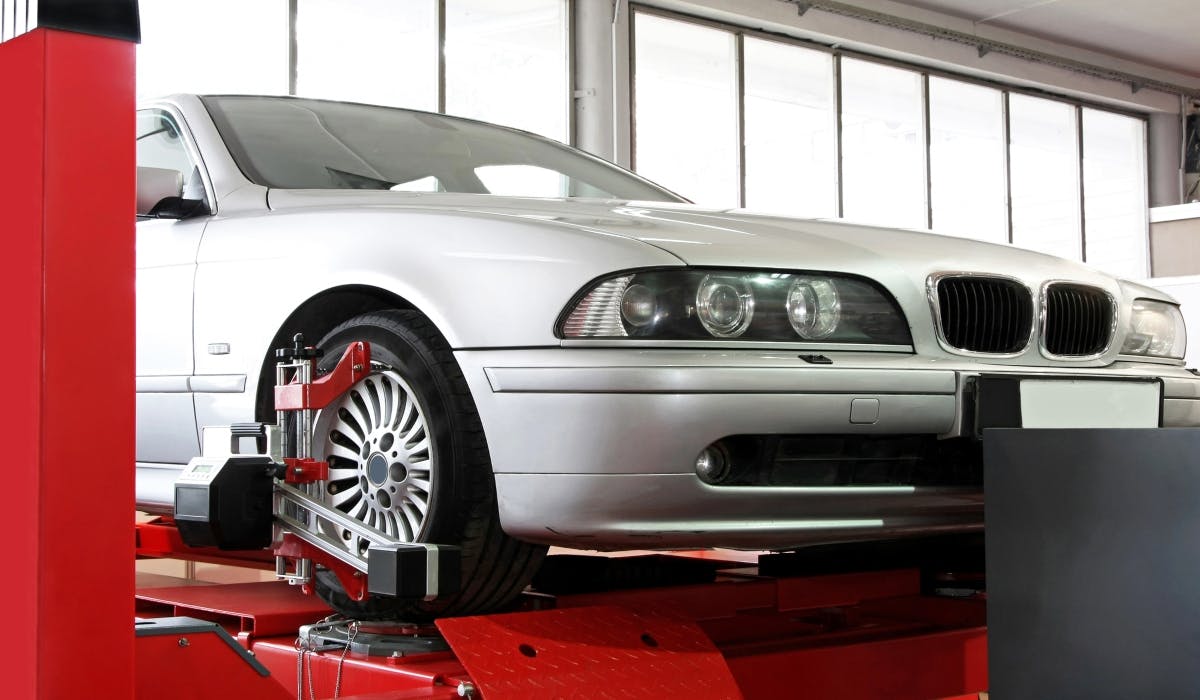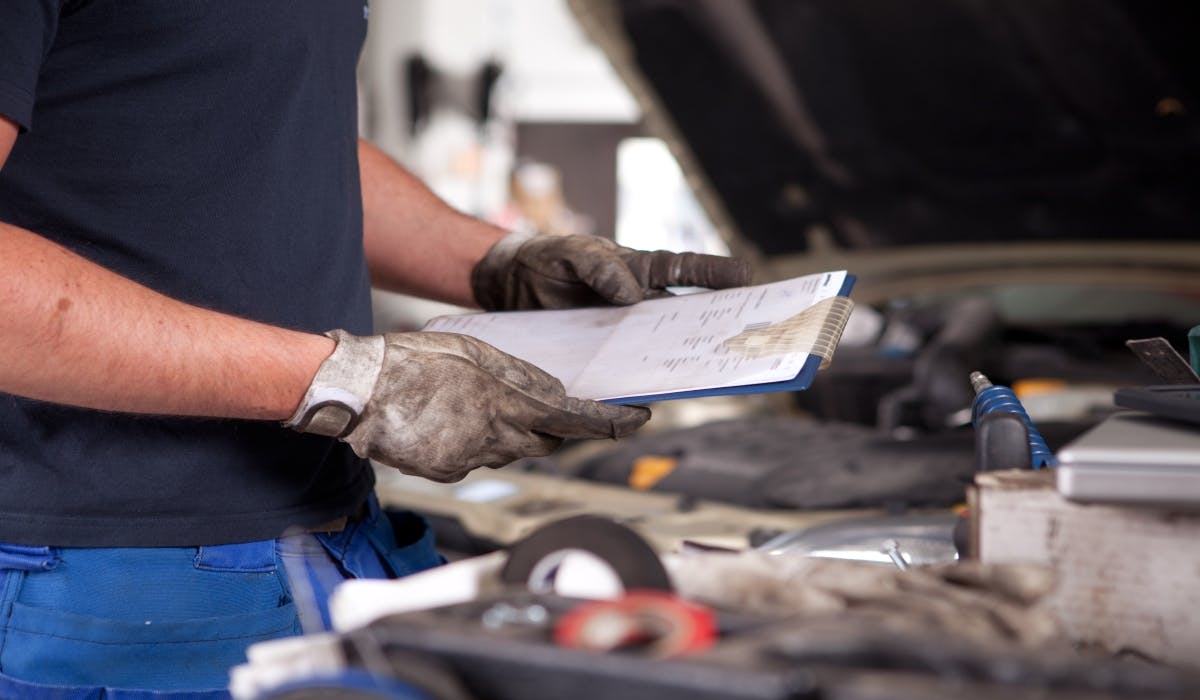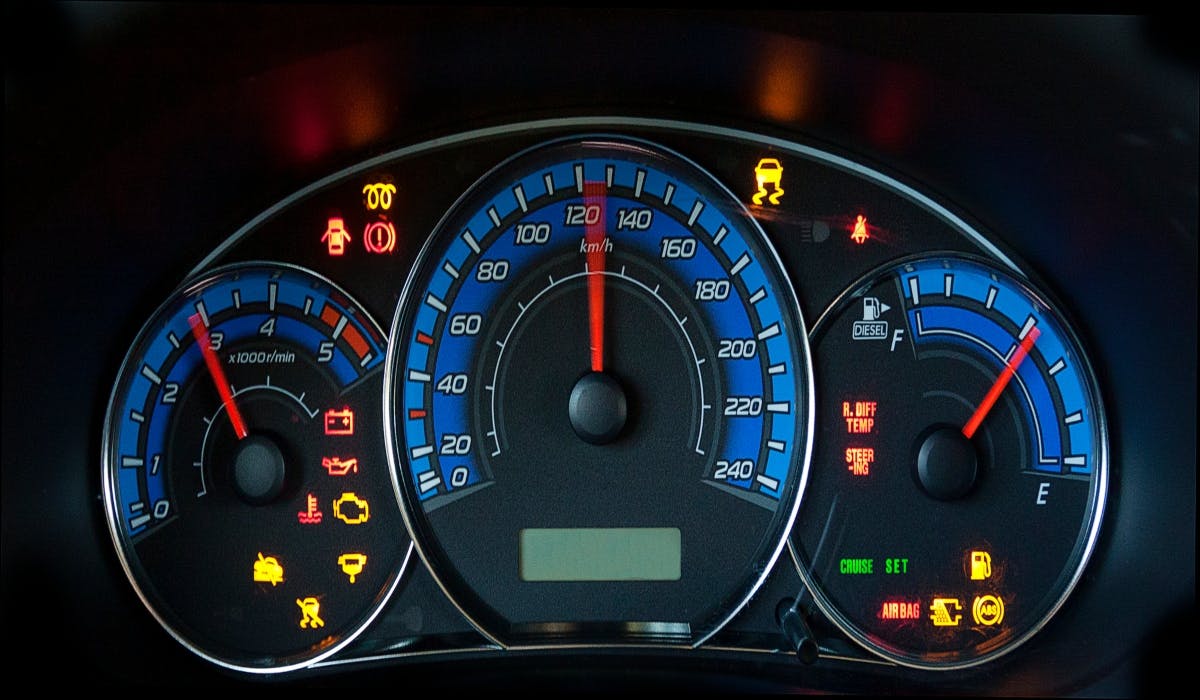How Often Should You Service Your Car?
Keeping on top of your car maintenance checklist is the best way to keep your car in great condition. Regular servicing can save you money in the long haul, and you’ll keep your car running smoothly and safely.
Car service costs can be pricey. How often do you really need to have your car serviced?
There’s no need to rush your car into the garage every month, but at least an annual service can reap a tonne of benefits.
We’ll go over general manufacturer recommendations depending on the mileage/age of the car, and the frequency of each type of service.
Do you need to service your car every year?
A car service may not be at the top of your priority list, but servicing is a great opportunity to have your mechanic look over your vehicle in between MOTs.
Regular servicing makes for a more reliable vehicle, as they’ll likely discover any substantial problems sooner rather than later.
Service intervals will vary depending on the vehicle, but typically you’ll need to service your car at least once every year, or roughly every 12,000 miles.
Most manufacturers will set a time frame or mileage for having your car servicing done, which can usually be found in your car’s manual. You’ll also be able to check when the last service was carried out in your V5C log book, which should have a stamped record of your car’s full service history.

What kind of service do I need?
How often you get your car serviced equally depends on the type of car service you have carried out, as what a car service includes varies between the three types:
- Interim service - More substantial than an MOT, but not as expansive as other services, interim services are usually every 6 months
- Full service - Covering everything in the interim service, full services also include an oil change, top up of fluids, and inspection of the condition of the radiator, air filter, fuel cap and more. These are typically carried out once a year.
- Major service - Including all aspects of the interim and full service, a major service also incorporates a brake fluid change, and cabin filter replacement. Major services cover almost every aspect of the car, so they’re typically only done every 24 months.
If you’re still not sure which one you need, check out the difference between an interim and full service.
How long can you go without servicing your car?
Ideally, it’s best for your car if you follow the service schedule recommended for your make or model. Putting off your service means you’re potentially driving with a host of issues like faulty spark plugs, low tyre pressure, and lower fluid levels than you should be. Improper levels of coolant, engine oil and brake fluid could all be causing damage to your car.
But there’s no need to panic if you’ve forgotten to arrange your service - just be sure to have it booked in to be serviced as soon as possible.
Missing the closest service and waiting until your next service can negatively impact your car’s resale value, reduce your car’s lifespan, and have you unknowingly driving with potential problems.
If you have a new car that’s still within its warranty, you also risk the manufacturer voiding your warranty if you don’t keep up good car maintenance and have it serviced when it’s supposed to.
You may wonder if you can extend the wait until your service if you don’t use your car that often. The reality is you need to keep to the schedule, regardless of whether you’re hitting the motorway often or just heading to the shops every week. Components naturally degrade over time, so you need to get it checked promptly for all types of motoring.

How do I know when my car needs a service?
The best way to keep on top of your car service schedule is to set yourself some reminders. You can set alerts on calendar apps, like Google Calendar, or there are specific car maintenance apps you can download. Go by the date of your last service and what is recommended in your owner’s manual.
Otherwise, between your annual service and MOT, there should hopefully be few issues to deal with, but there are a number of signs you can look out for:
- Dashboard Warning Lights - Even if you haven’t detected any issues with your car’s performance, if you notice one or multiple lights, it’s pretty much a glaring sign to go get your car serviced.
- Reduced power - Decreased power can come naturally with the aging of your car, but this often occurs very slowly over time, so any sudden changes are best checked out.
- Ineffective brakes - Modern technology has ensured that even as your car begins to age, your braking systems remain fully responsive. Regardless of the age of your vehicle, slow or unresponsive brakes should always be tested by a professional.
- Excessive emissions - Dark coloured or excessive smoke can indicate all kinds of problems from leaks to blockages.

How often do I need to service my lease car?
Servicing a lease car is the driver’s responsibility, not the leasing company (the registered keeper of the lease car). Your contract will specify you need to maintain the vehicle appropriately, including regular servicing.
For lease cars, you’ll follow the same service intervals as we outlined earlier for car owner’s. You can take out lease car maintenance packages with the leasing company which includes servicing.
If you're on a high mileage lease, you'll need to pay close attention to the intervals as you'll likely need more frequent servicing than standard mileage cars.
Conclusion
Car service costs unfortunately aren't inclusive of repairs, so the best way to avoid any significant issues and their associated costs, is to schedule regular servicing.
Though it’s longer than an MOT, car servicing typically doesn't take too long. If you’re concerned about the time, check out our post on how long a car service takes, or speak to your mechanic about combining your service and MOT.
Between services, keep your car in tip top condition by following our car maintenance checklist and these car maintenance tips from automotive experts!


